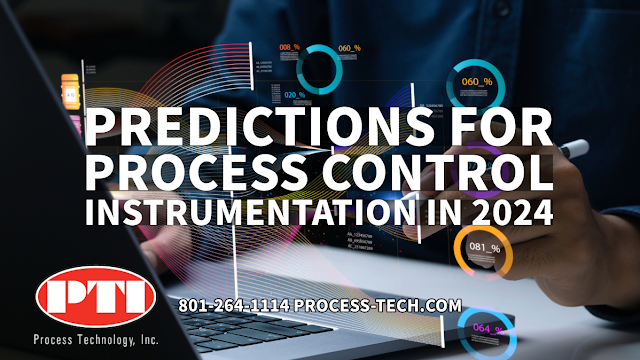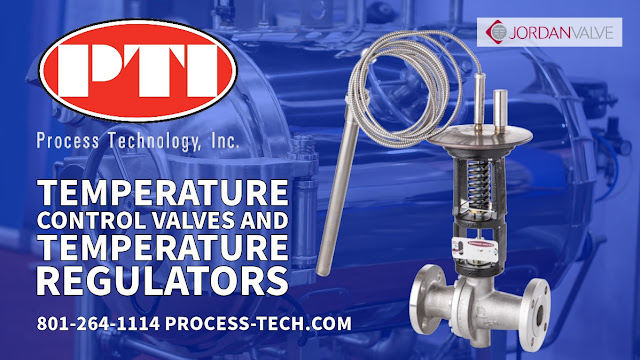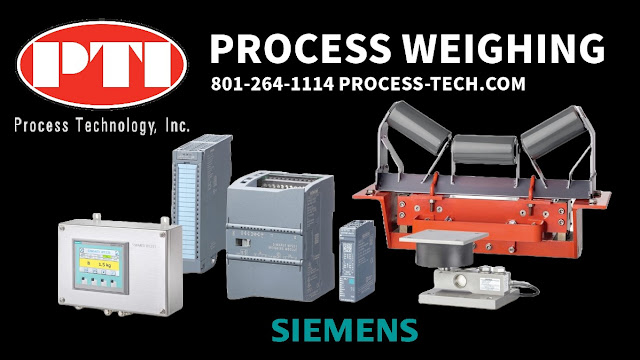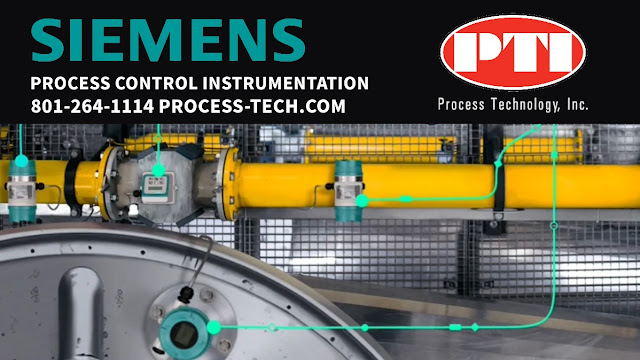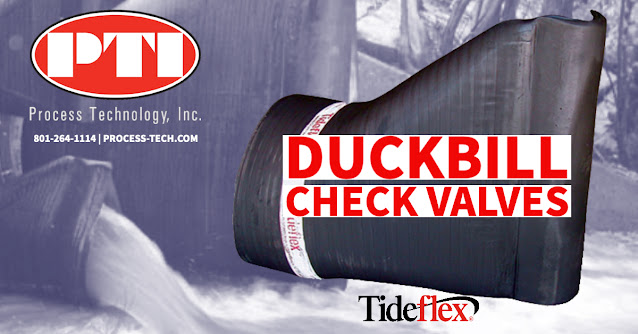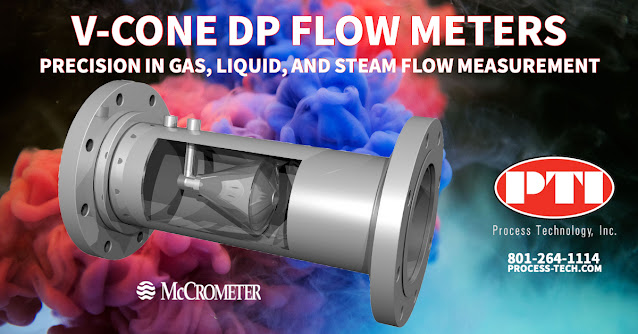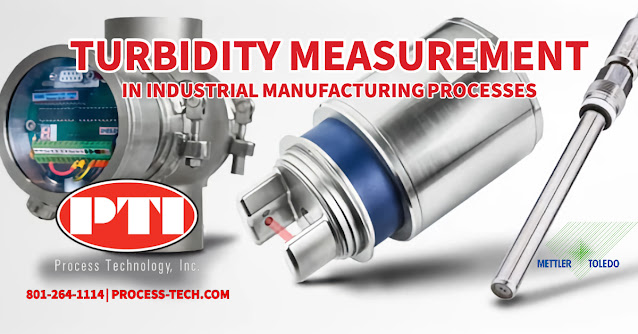- Remote Monitoring and Control Solutions:
The continued adoption of remote monitoring and control solutions through new software technologies will enable earlier detection of performance issues in process control systems, sending early warnings and diagnostic reports to facilitate quicker response times and improve operational flexibility.
- Artificial Intelligence (AI) and Machine Learning:
AI and machine learning will revolutionize process control by enabling systems to learn and adapt autonomously. Advanced algorithms will analyze vast data to identify patterns, anomalies, and optimization opportunities. Tools will optimize PID control loops on the fly, improving efficiency and reducing downtime without intrusive plant step-tests.
- Edge Computing:
Edge computing is a distributed computing paradigm that brings data processing closer to the data source or "edge" of the network. Edge computing will become more prevalent in process control, bringing data processing closer to the start of data generation, reducing latency, and improving system response times, which is particularly valuable in industries where milliseconds can make a significant difference, like robotics and high-speed manufacturing.
- Cybersecurity Measures:
As process control systems become more interconnected and reliant on advanced technologies, robust cybersecurity measures will be paramount. Investments in encryption, intrusion detection systems, and comprehensive employee training programs will increase to protect sensitive industrial control systems from cyberattacks.
- Sustainability and Energy Efficiency:
Sustainability concerns will continue driving advancements in process control technology. Advanced control algorithms will optimize energy usage, and real-time monitoring will help identify areas for improvement in energy consumption and resource utilization. This focus on sustainability will lead to more energy-efficient operations and reduced environmental impact.
https://process-tech.com
801-264-1114
